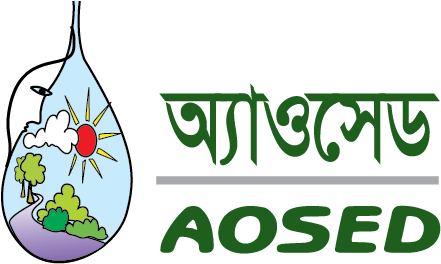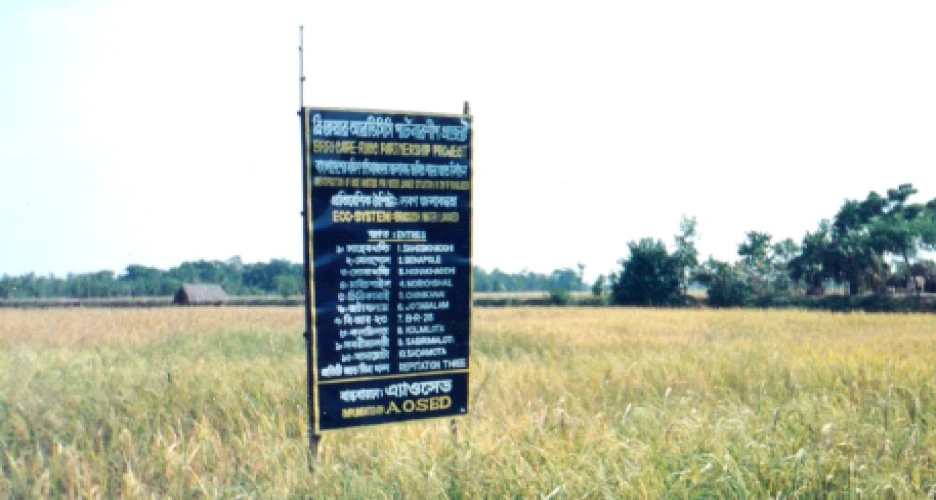Rice Diversity Sub Project
The Rice Diversity Sub Project (RDSP) was initiated in response to the challenge of limited access to a diverse range of rice varieties among resource-poor farmers in the southwest coastal region of Bangladesh. This scarcity hindered farmers' ability to adapt to various environmental conditions and threats such as salinity, thereby impacting their agricultural productivity and livelihoods. To tackle this issue, the project aimed to enhance rice diversity through the collection and analysis of indigenous rice germplasm and knowledge, ultimately making a broader spectrum of adapted modern and traditional rice varieties available to farmers.
The project addressed the problem by implementing a series of key activities focused on research, capacity building, and community engagement. These activities included the identification of suitable research sites, the collection of rice germplasm, and the conduction of field trials using participatory variety selection methods. Additionally, the project invested in human resource development by providing training sessions on research methodology and capacity building for staff and farmers alike. Through collaborative efforts with local NGOs and government institutions, the project fostered the establishment of farmer groups and community-based seed banks, facilitating the conservation and dissemination of local rice varieties.
As a result of the project intervention, significant achievements were realized. Staff capacity in scientific research methodology was enhanced, leading to improved efficiency in research and reporting. Farmers' confidence and capability in cultivating local rice varieties were bolstered, empowering them to adapt to diverse environmental conditions. Notably, the project contributed to the renovation of 17 extinct local rice breeds, including five uncommon varieties, and the discovery of 116 extinct rice varieties across the project areas. Moreover, the establishment of community-based seed banks further strengthened local resilience and biodiversity conservation efforts in Dacope Upazila.





